Ten Innovative Educational Programs Awarded Grants to Transform Learning
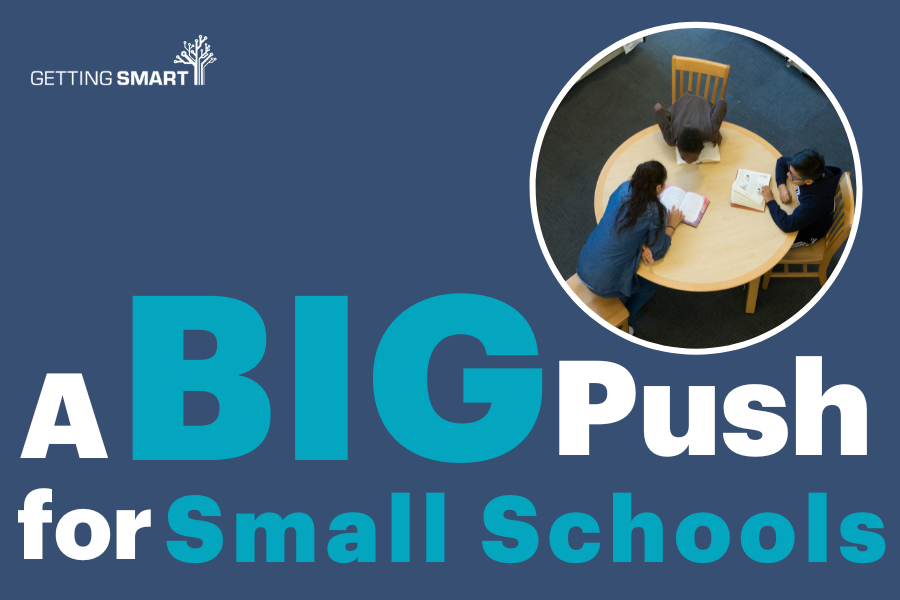
Microschools, rooted in a tradition of cooperative and small-scale learning, are envisioned to become diverse, sustainable, and impactful alternatives within the educational landscape. To better amplify, evaluate and develop these learning models, Getting Smart Collective ran the Big Push for Small Schools grant opportunity earlier this year and we’re thrilled to announce that ten dynamic microschools have been selected as the recipients of our grant. These programs were carefully chosen based on their commitment to innovation, scalability, proof of concept, quality and their ability to serve a broad range of demographics. The funding for this opportunity was provided by the Walton Family Foundation.
One strength of small schools is the ability to personalize and diversify learning to cater to community and learner needs. This diverse portfolio of grantees represents a variety of school types, each with a unique approach to addressing the challenges and opportunities in the educational landscape.
Each grantee has demonstrated a clear and committed vision for transforming education in their respective communities. The selected models range from microschools focused on underserved populations to innovative school-business partnerships, showcasing the rich diversity of approaches in contemporary education.
Our team and trusted partners will be providing ongoing technical assistance and coaching to each of the grant recipients. With our evaluation partners, DKDK Project, we’ll support effective and innovative ways of measuring student success. This collaboration is designed to ensure that each program can maximize its impact and effectively navigate the challenges of scaling and implementation. Our support will continue through June 2024, underscoring our commitment to teaming with grantees to support their educational innovation and success. We will then transition to working with our second cohort from July 2024 through June 2025, providing this same level of collaboration and assistance.
“We are excited to see these microschool programs flourish and make a significant impact in the field of teaching and learning,” said Caroline Vander Ark, CEO of Getting Smart Collective. “This initiative is a testament to our commitment to fostering innovative educational solutions that can adapt to the changing needs of learners across the country.”
The progress and impact of these programs will be closely monitored and shared, with the hope that their success can inspire and inform future educational endeavors.
The 10 grant recipients are listed below. We invite you to continue learning about their journey on our microschools page, through our social networks and our blog and podcast.
Meet Our Innovative Microschool Grant Recipients
The following ten models comprise the first cohort of Big Push for Small Schools grantees.
This ongoing campaign will amplify the conversation that is happening around nimble and personalized schooling models. We welcome guest submissions about your own experience and stories with microschools.
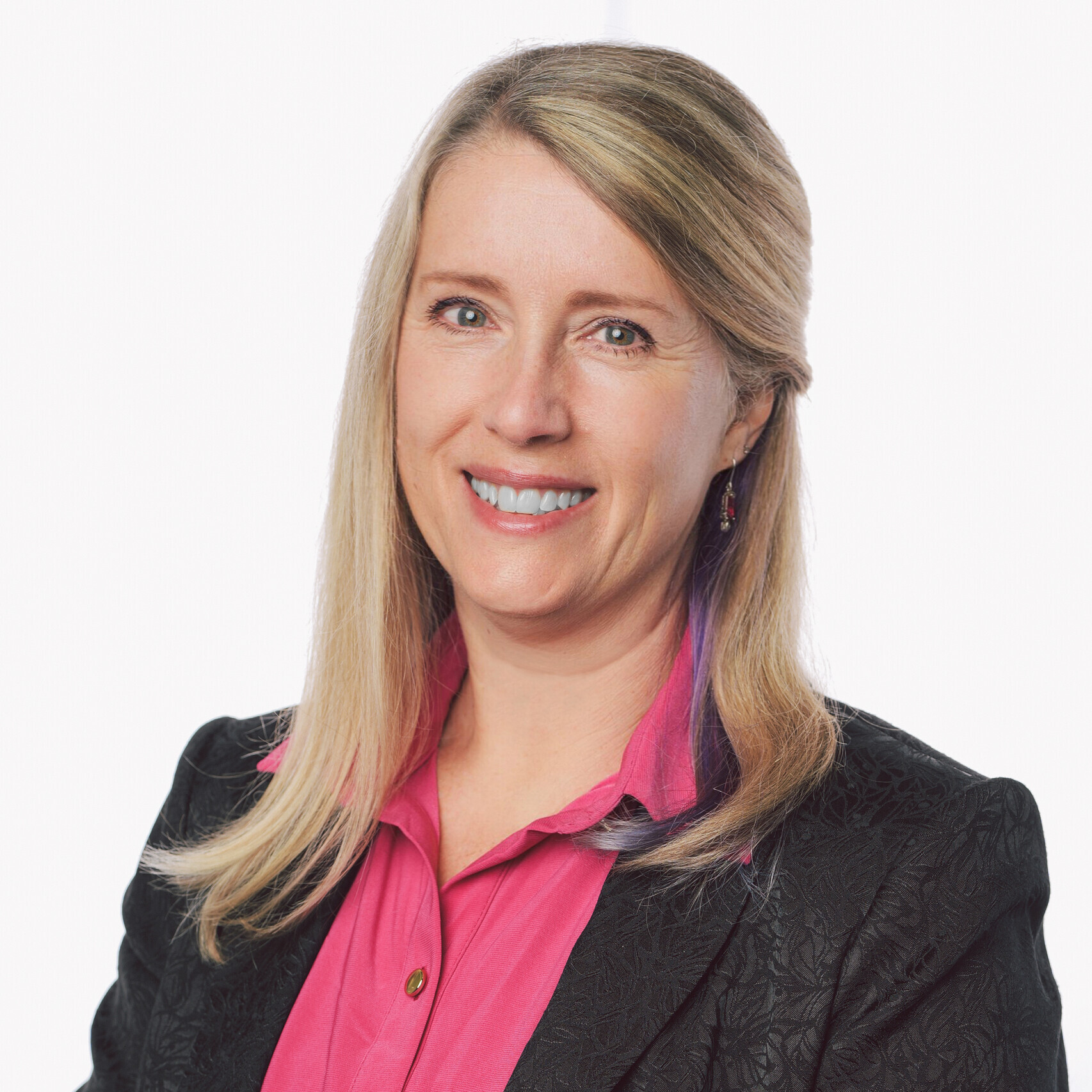


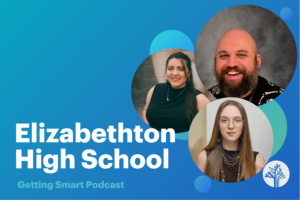
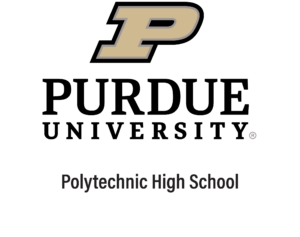

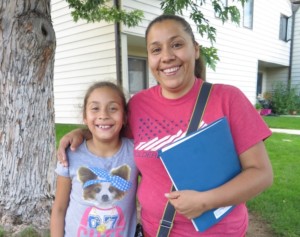
0 Comments
Leave a Comment
Your email address will not be published. All fields are required.